Iran official says IAEA camera memory destroyed in June attack contrary to watchdog's claim
An official at the Atomic Energy Organization of Iran (AEOI) has rejected claims by the International Atomic Energy Agency (IAEA) about the storage device of one of its cameras installed at Karaj site.
On Friday, Rafael Grossi, the director general of the IAEA, displayed the camera system similar to those used in an Iranian centrifuge-parts workshop at Karaj at a press conference in Vienna, Austria.
He claimed that critical footage from a surveillance camera at the facility had gone missing, though acknowledging that the camera -- one of the four IAEA cameras placed at the facility -- "had been destroyed" in a sabotage attack in June.
Iran removed the cameras, along with the destroyed one, and showed them to the nuclear watchdog inspectors.
However, Grossi on Friday asked for the so-called missing memory card of the destroyed camera.
“Where is it? So I'm hopeful they are going to come up with an answer because it's very strange that it disappears,” he said at the presser.
Later on Friday, Noor News, which is close to the Supreme National Security Council of Iran, quoted an informed AEOI official as explaining that the camera’s data storage device was also destroyed in attack.
“The camera’s data storage device, wanted by the IAEA chief, has been destroyed in a sabotage operation,” the unnamed official said, adding, “The IAEA must answer why it does not use its capabilities to prevent such sabotage attacks with known origins?”
“The IAEA, in addition to its supervisory duties, has safeguarding responsibilities toward its members, and in this case, it should be held accountable for not preventing the threat against Iran's nuclear sites and not taking effective action in this regard,” the Iranian official further said.
The Israeli regime, which has assassinated at least seven Iranian nuclear scientists, is deemed to be the prime suspect in several sabotage operations that have targeted Iran's nuclear facilities over the past years.
The development came after the IAEA and Iran agreed to reinstall surveillance cameras inside the centrifuge component manufacturing workshop at the Karaj site.
Iran and the five remaining parties to the Joint Comprehensive Plan of Action (JCPOA) resumed talks in Vienna on November 29 after a five-month pause, marking the first round of negotiations under Iranian President Ebrahim Raeisi’s administration and the seventh overall.
The Islamic Republic maintains that its presence at the talks is intended to have the US sanctions removed, which would, in turn, secure a US return to the nuclear deal.
The US, which is not allowed to directly participate in the talks as a result of its 2018 withdrawal from the JCPOA, claims that it is willing to undo the withdrawal and repeal its “maximum pressure” policy against Iran.
Iran argues that the onus is on Washington to return to the nuclear deal after removing its illegal sanctions and offering guarantees that it will not exit the pact again.
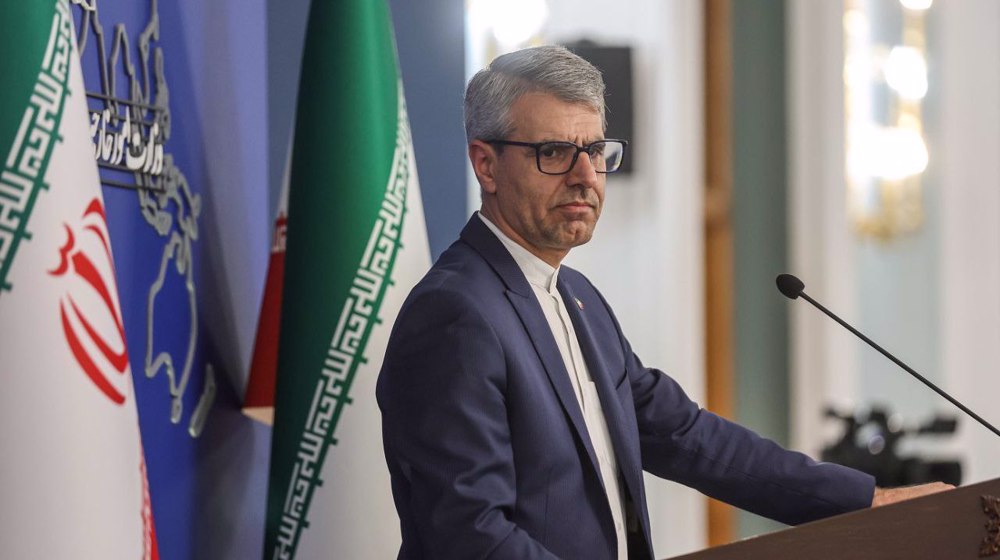
Iran slams new US, UK aggression on Yemen
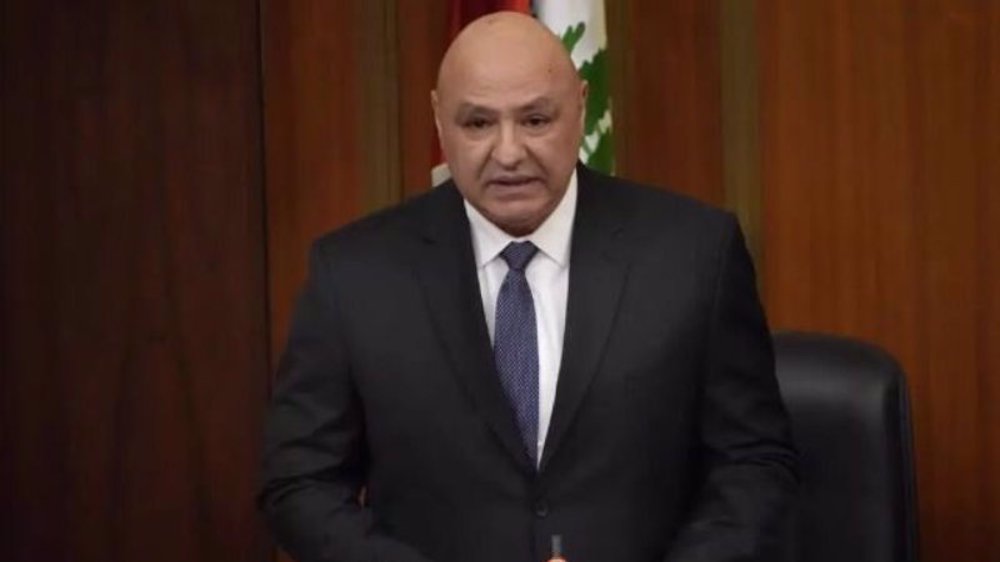
Iran congratulates 'brotherly' Lebanon on election of new president
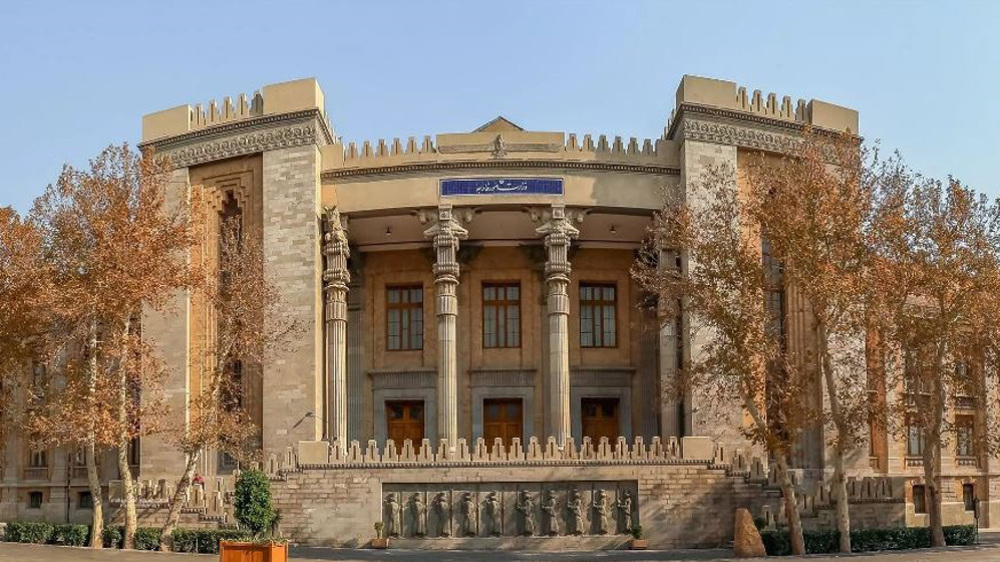
Iran protests to France over French city’s insulting poster
VIDEO | Lebanon elects new president
Scores killed as US, Turkish proxies clash in northern Syria
At least 5 dead as wildfires devour districts across Los Angeles
VIDEO | Press TV's news headlines
Houthi: Israel incapable of downing Yemen’s hypersonic missiles
Inquiry: UK soldiers executed Afghan boys 'younger than 16'
Palestinian dies due to medical negligence he faced in Israeli prisons
IRGC forces launch final stage of major drill in western Iran


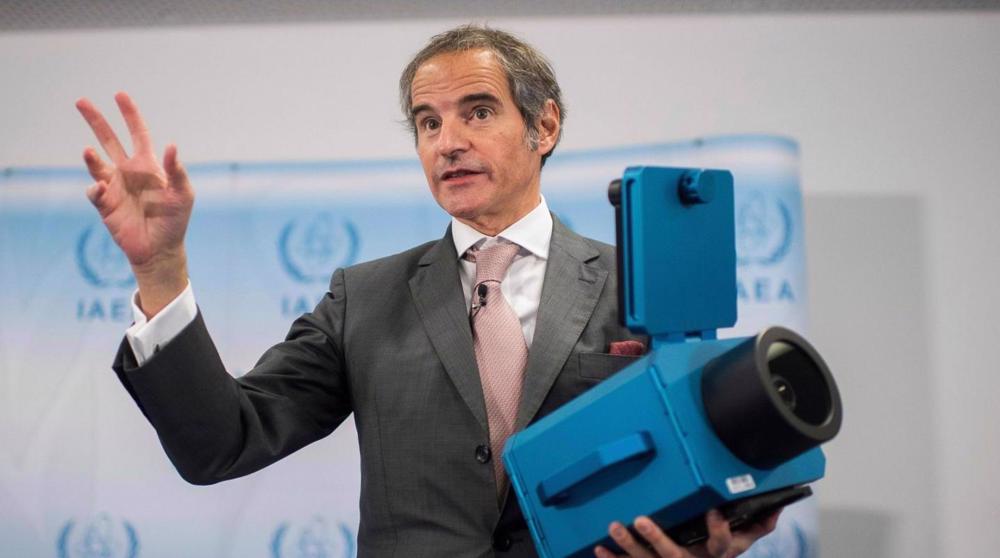
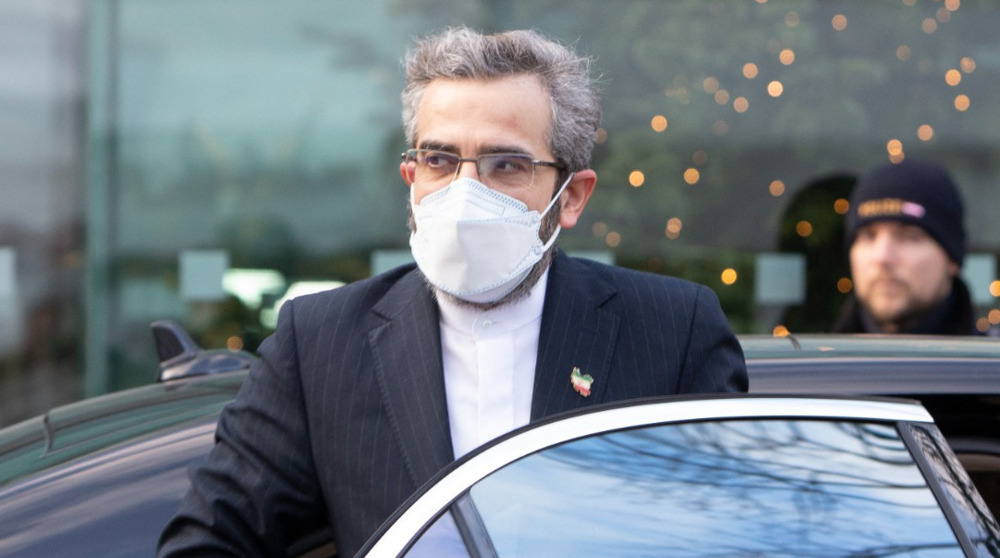




 This makes it easy to access the Press TV website
This makes it easy to access the Press TV website